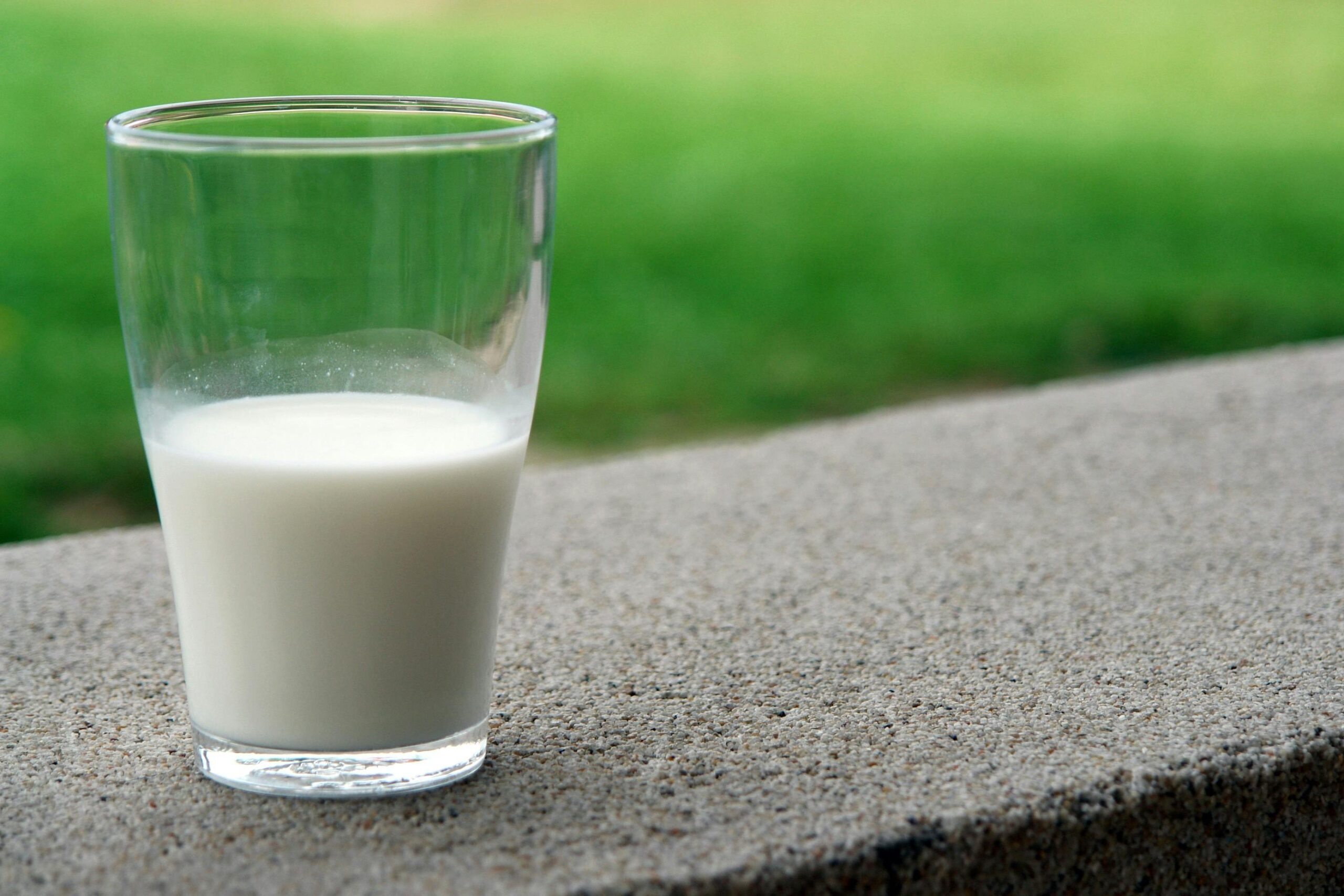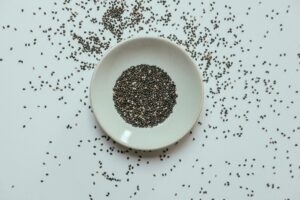Table of Contents
Is Milk Really Healthy?
Milk has been a staple in human diets for thousands of years, ever since the domestication of animals like cows, goats, and sheep. Its rich nutritional profile, including essential vitamins, proteins, fats, and minerals, has made it a common dietary choice. However, in recent times, milk has become a controversial topic, with claims that it may be linked to various health issues, including lactose intolerance, allergies, and even severe diseases like cancer and cardiovascular conditions.
The Nutritional Benefits of Milk
Milk is often considered a superfood due to its nutrient-dense composition. It contains:
- Calcium – Calcium is necessary for healthy bones and the prevention of osteoporosis.
- Protein – High-quality protein essential for muscle repair and growth.
- Vitamins – Rich in Vitamin D, B12, and Riboflavin, vital for overall health.
- Minerals – Contains potassium, magnesium, and phosphorus.
These nutrients make milk a vital part of diets in regions with limited food supply, contributing to child growth and preventing malnutrition. Milk consumption has also been associated with increased height and improved physical development in children, as it provides essential building blocks for healthy growth.
The Controversies Surrounding Milk
Despite its benefits, milk has been linked to several health concerns:
1. Lactose Intolerance
Lactose intolerance is a condition where the body lacks the enzyme lactase, which is responsible for breaking down lactose, the sugar in milk. While babies naturally produce lactase, its production tends to decrease with age, leading to digestive issues like bloating, diarrhea, and cramps when milk is consumed.
Key Statistic: Approximately 65% of the global population is lactose intolerant, meaning they cannot digest more than 150 ml of milk per day without discomfort. Symptoms can vary from mild discomfort to severe digestive distress.
2. Milk Allergies
Cow’s milk is a leading cause of allergic reactions, especially in young children. It is classified among the top eight allergens responsible for 90% of childhood allergic reactions.
3. Acne Development
Studies have shown that consuming skimmed milk can increase acne outbreaks by up to 24% due to hormonal imbalances and dairy proteins like whey and casein. The link between dairy and acne is still being explored, but evidence suggests that the hormones in milk might trigger inflammation and oil production in the skin.
4. Cancer and Cardiovascular Diseases
There have been historical claims linking milk consumption to severe diseases like cancer and cardiovascular issues. However, recent studies have debunked most of these claims, showing no direct correlation between milk and such diseases. In fact, calcium present in milk may offer protection against colon cancer. Further studies are still being conducted to assess the long-term impact of milk on chronic diseases.
5. Bone Health
The connection between bone health and milk is more complicated. Whole milk provides calcium, it has neither been conclusively linked to stronger bones nor has it shown negative effects on bone density in adults. Some studies suggest that excessive milk consumption without proper vitamin D intake could have limited benefits on bone strength.
Is Milk Healthy or Harmful? The Verdict
Milk can be a healthy dietary addition for most people, especially when consumed in moderation. Its benefits include providing essential nutrients like calcium, protein, and vitamins. However, for those with lactose intolerance or allergies, milk alternatives like almond milk, soy milk, and oat milk may be better options. Choosing organic, hormone-free milk may further reduce potential health risks.
Milk content: https://en.wikipedia.org/wiki/Template:Milk_nutrition
Final Note:
Milk remains a nutrient-rich food with significant health benefits for most people. However, personal tolerance and health conditions should guide consumption choices. Balancing milk intake with a varied diet can help you enjoy its benefits without risking potential health issues.




